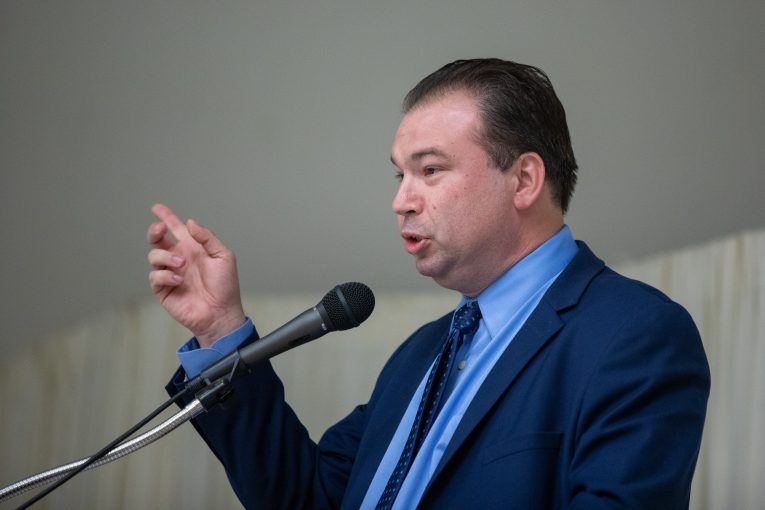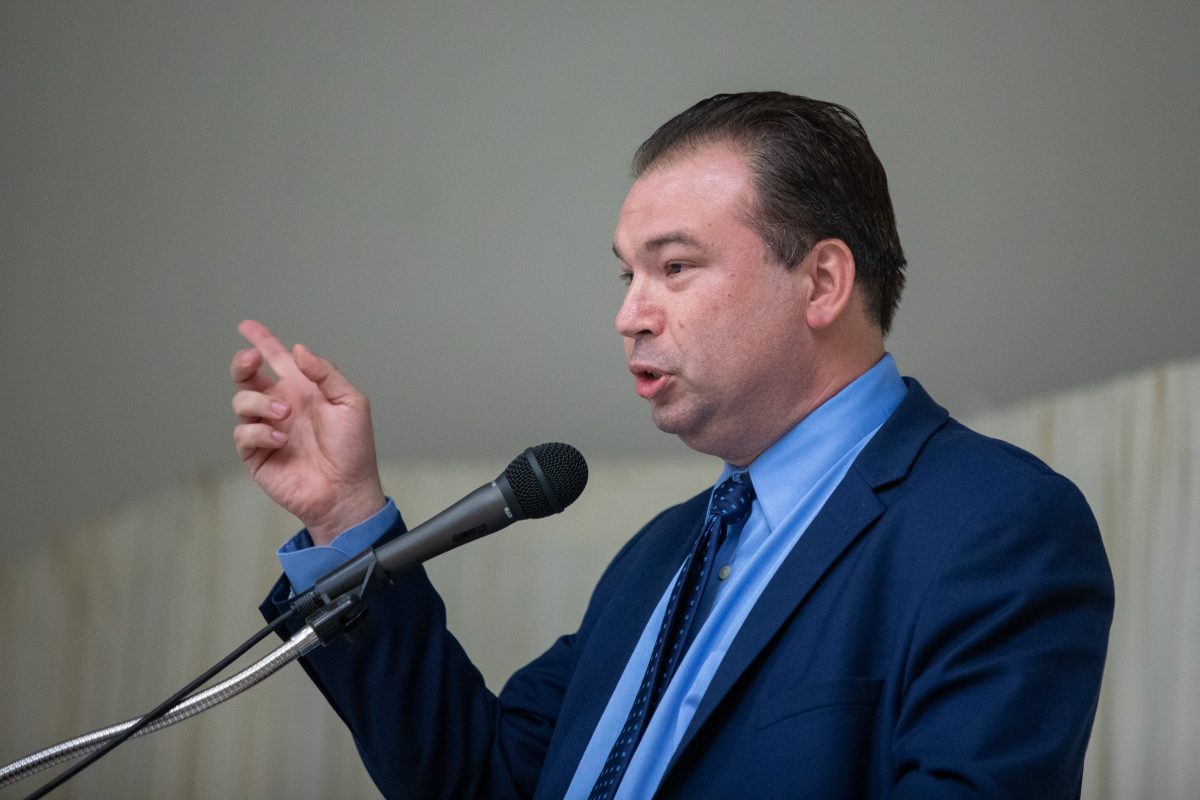

By Jeffrey Deskovic
In 1990, I was coerced into a false confession extracted from me at the age of 16, following six-and-a-half hours of unrecorded interrogation, which featured a threat and a false promise. That ultimately culminated in my being wrongfully imprisoned for 16 years—from age 17 to 32—for a murder and rape which I did not commit, until my innocence was proven through a DNA test identifying the actual perpetrator. Since my release, I have founded The Jeffrey Deskovic Foundation for Justice, which works to free the wrongfully convicted and pursues policy changes to prevent injustice, and I have become an attorney.
In seeking to prevent what happened to me from happening to others, I think about the systemic deficiencies that led to my losing 16 years of my life. My case is by no means the only one. The Exonerated Five, formerly known as The Central Park Five, were all wrongfully convicted as teenagers of raping a jogger, based on coerced, false  confessions. Huwe Burton of the Bronx, then 16 years old, spent 20 years in prison for a murder he did not commit, based upon a coerced, false confession. Johnny Hincapie, an 18-year-old from Manhattan, spent 25 years in prison for a murder he didn’t commit, based upon a coerced, false confession.
confessions. Huwe Burton of the Bronx, then 16 years old, spent 20 years in prison for a murder he did not commit, based upon a coerced, false confession. Johnny Hincapie, an 18-year-old from Manhattan, spent 25 years in prison for a murder he didn’t commit, based upon a coerced, false confession.
Coerced, false confessions have been shown to have caused wrongful convictions in 29% of the DNA-proven wrongful convictions, and are most common in particularly vulnerable populations such as youth. While New York State mandates the videotaping of some interrogations, there are too many exceptions, and too many conditions under which the failure to record can be overlooked. While it is extremely important to fix these deficiencies, videotaping cannot ensure that youth adequately understand their rights prior to agreeing to waive them. Banning police deception in interrogations, which is being considered in Albany, would be a meaningful step towards greater justice. Another essential step would be passage of what’s called the Youth Interrogation bill.
In a nutshell, youth frequently do not understand their constitutional rights. They do not grasp Miranda warnings or the implications of waiving them. While the police read me my rights many times over the course of the six-week run-up to the day of the false confession, I did not understand them. Each time I heard the phrase, “Anything I say can and will be used against me in a court of law,” my mind went to civil court. I would think, “Court? We’re not going to court.” My inadequate understanding was further clouded by the police deception in which they convinced me that they needed my help to solve the crime; that I was in effect a junior detective helper, never realizing that it was all a ruse.
The pending bill would protect the constitutional right of New York’s youth to remain silent by providing them counsel before a police interrogation. Any child under age 18 would consult with an attorney before questioning by police—regardless of parental consent—thereby ensuring that any waiver of their rights is truly knowing and voluntary. Parents are not able to adequately protect the rights of their children. They are often the complainants and therefore are not unbiased; they may believe they will be held responsible for the youth’s acts, if the youth does not confess; and the police frequently turn naïve parents into their agents of coercion.
Without the passage of this bill, youth in New York will remain vulnerable to waiving their rights without ever understanding them. We must stop ruining the lives of young people due to coerced, false confessions and ensure their rights are protected. Alongside the #Right2RemainSilent campaign—a coalition of more than 100 youth and advocacy organizations from across the state—I call on our elected officials to pass this bill, this session. How many more innocent New Yorkers need to suffer the way my colleagues and I have, before action is taken?
Jeffrey Deskovic, Esq, MA, is an internationally recognized wrongful conviction expert and founder of The Jeffrey Deskovic Foundation for Justice, which has freed 9 wrongfully convicted people and helped pass 3 laws aimed at preventing wrongful conviction. Jeff is an advisory board member of It Could Happen To You, which has chapters in CA, NY, and PA. He serves on the Global Advisory Council for Restorative Justice International, and is a sometimes co-host and co-producer of the show, “360 Degrees of Success.” Jeff was exonerated after 16 years in prison-from age 17-32- before DNA exonerated him and identified the actual perpetrator. A short documentary about his life is entitled “Conviction“, and episode 1 of his story in Virtual Reality is called, “Once Upon A Time In Peekskill“. Jeff has a Masters Degree from the John Jay College of Criminal Justice, with his thesis written on wrongful conviction causes and reforms needed to address them, and a law degree from the Elisabeth Haub School of Law at Pace University. Jeff is now a practicing attorney.
